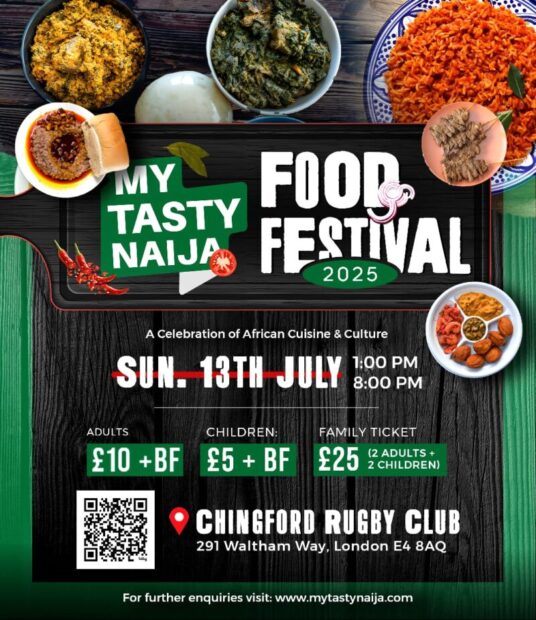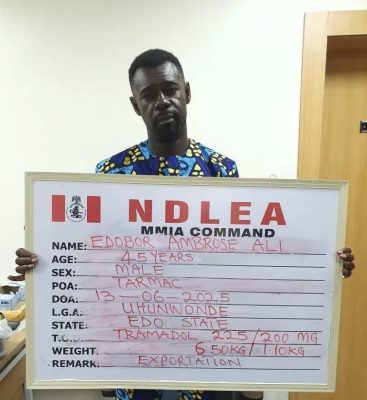
Niniola’s Bold Choice: Saying ‘No’ to Labels, Owning Her Legacy
Nigerian Afrohouse icon Niniola Apata, celebrated for global hits like ‘Maradona’ and ‘Ibadi’, has revealed she rejected multiple record deals to retain full creative control, cementing her status as the genre’s trailblazing “Queen.” In an interview with Hip TV, the 38-year-old artist unpacked her decade-long journey as an independent act and why autonomy trumps industry pressures.
Why Niniola Chose Independence Over Mainstream Deals
After her 2014 breakout single ‘Ibadi’ drew label interest, Niniola opted out, fearing creative compromise:
“Labels invest but demand you fit their mold. I couldn’t live with that.”
- Genre Challenges: Afrohouse—a fusion of African rhythms and electronic beats—was niche in Nigeria’s mainstream at the time.
- Skepticism: Warned that singing in Yoruba might limit her reach, she doubled down: “Here I am, proving them wrong.”
- Label Launch: Partnered with her manager to create her own platform, navigating the “pros and cons” of independence.
Afrohouse Royalty: Pioneering a Sound
Niniola’s uncompromising vision reshaped Nigeria’s music landscape:
- Signature Style: Blends Yoruba lyricism with pulsating house beats, dubbed “African style meets global grooves.”
- Global Influence: Collaborations with international acts like Timbaland and Sarz amplified Afrohouse’s appeal.
- Legacy: Inspired a wave of artists (e.g., Ayra Starr, Tems) to prioritize authenticity over trends.
The Independence Grind: Sacrifices & Triumphs
While lucrative deals tempted her, Niniola highlights:
✅ Pros: Full creative control, ownership of masters, direct fan engagement.
❌ Cons: Financial risks, marketing burdens, limited industry leverage.
“It’s tough, but I’m fully myself,” she admitted.
Advice to Artists: “Pray, Be Thankful, Stay True”
Niniola’s mantra for rising musicians:
- Reject Fear: “Don’t let labels dilute your voice.”
- Embrace Roots: Yoruba lyrics became her superpower, not a barrier.
- Build Partnerships: Her manager’s role was pivotal in scaling independently.
Join the Discussion!
Is creative freedom worth the hustle of independence, or do artists need label support? Share your take!
[CTA]: “Subscribe for more stories on African music pioneers, industry insights, and exclusive artist interviews.”
Why This Matters:
In an industry where 75% of artists sign restrictive contracts, Niniola’s success as an independent act challenges norms, proving authenticity can thrive without compromise.

















Be the first to leave a comment